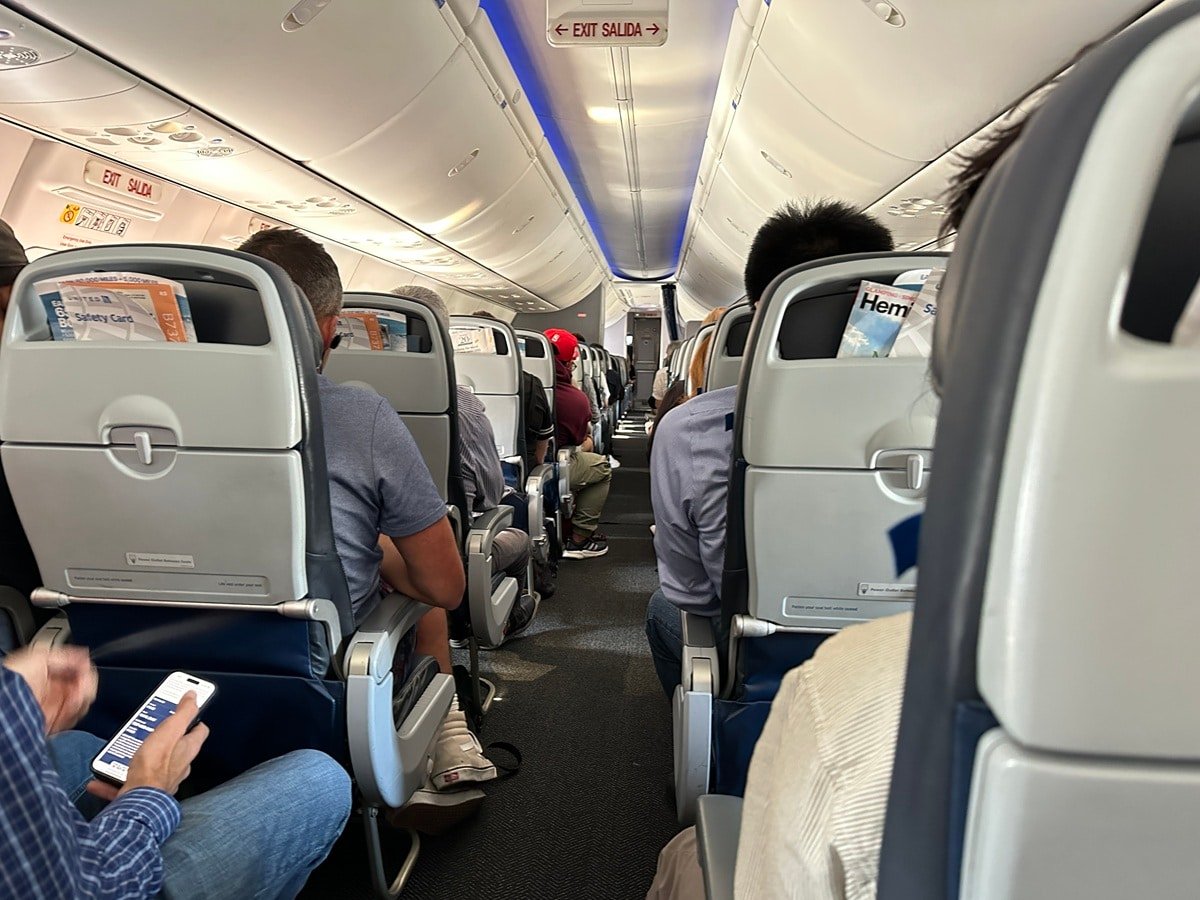If you’re a seasoned traveler from the U.S. then hopefully you already have TSA PreCheck. If you don’t, what are you waiting for? TSA PreCheck and Global Entry are definitely two of the best things to happen to travel in the last decade. There’s nothing like joining an expedited line instead of standing around for what sometimes feels like an eternity, especially if you’re in jeopardy of missing a flight. RELATED: Here’s how to get TSA PreCheck fast and 4 other tips you need to know

Obviously, no one likes waiting in lines and it’s especially true during the holidays when there are so many more people traveling and a lot of them are not frequent fliers so they don’t know the ins and outs of passing through security checkpoints quickly and efficiently.
Scammers know that at this time of year, travelers are looking to expedite their travels and have started sending out emails to unsuspecting consumers. According to the Federal Trade Commission (FTC), “scammers send emails that look like they’re from TSA PreCheck — but they’re not. The emails want you to click a link that takes you to a scam website that only looks like the official site — but it’s not. If you pay to “enroll” or “renew” your TSA PreCheck, you may not even realize you’ve paid a scammer until you get to the airport for your next trip.”
The FTC highlights ways to spot this TSA PreCheck scam:
1. Don’t pay online
Most important is that “if you’re applying for TSA PreCheck for the first time, you don’t pay the application fee online. To get PreCheck, you complete the application and pay in person at a TSA enrollment center. Again: you don’t pay online. Only a scammer will ask you to pay online to enroll.”
2. Don’t click links
“Don’t click links in unexpected emails or text messages, no matter how real they look.”
3. Don’t be rushed
If someone insists that you pay right away, chances are that’s a scam.
4. Start at tsa.gov/precheck
“Typing in that URL yourself is the best way to avoid the scam. And remember that all TSA PreCheck sites are .gov sites, not a .com.”
This is a great reminder. Don’t fall for this TSA PreCheck scam and these scammers’ tricks. And even if you’re a frequent flier and you know all of this already, your friends and family members might not so please share this with them either via email or social media. And if you do come across a scammer’s phishing attempt, be sure to report it to the FTC at ReportFraud.ftc.gov.
KEEP READING:
–Is your hotel scamming you?
–Don’t fall for it: Scammers are pretending to be customs and border protection agents
–Cybersecurity and fraud expert shares tips on how not to get scammed when traveling
–How to avoid vacation rental scams
–Don’t fall for these QR code scams
Want more travel news, tips and deals? Sign up to Johnny Jet’s free newsletter and check out these popular posts: The Travel Gadget Flight Attendants Never Leave Home Without and 12 Ways to Save Money on Baggage Fees. Follow Johnny Jet on MSN, Facebook, Instagram, Pinterest, and YouTube for all of my travel posts.



